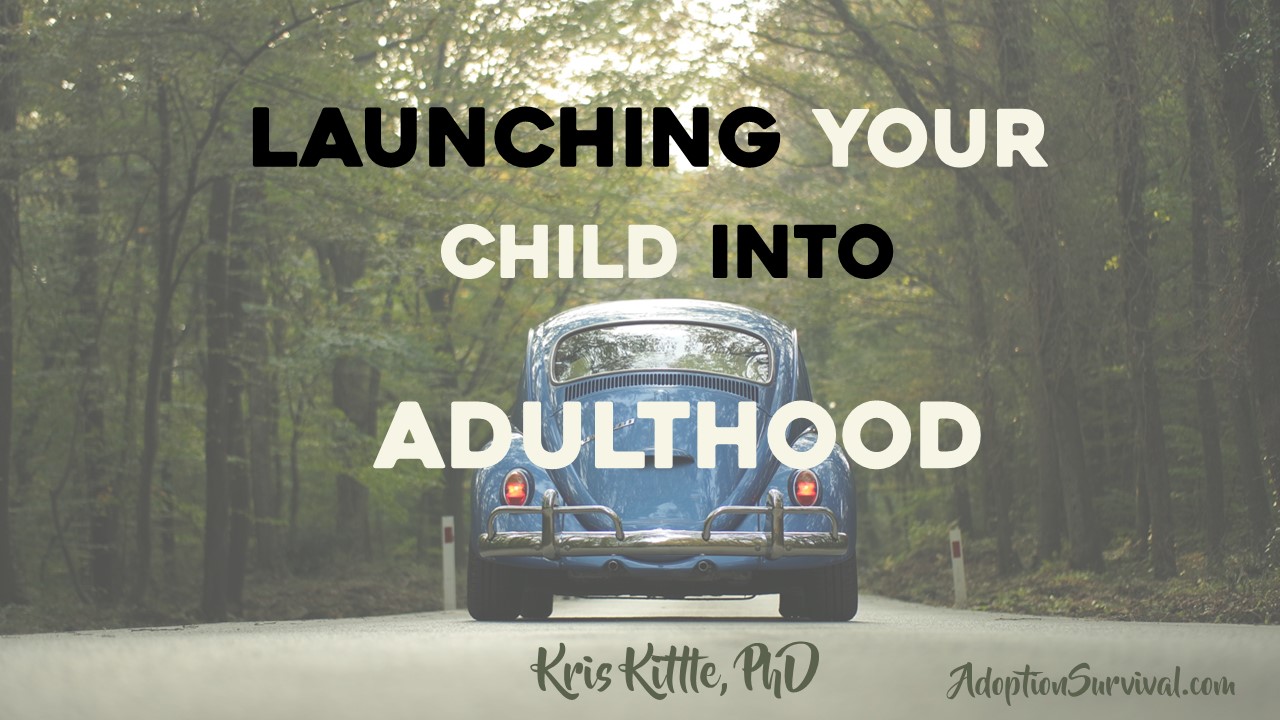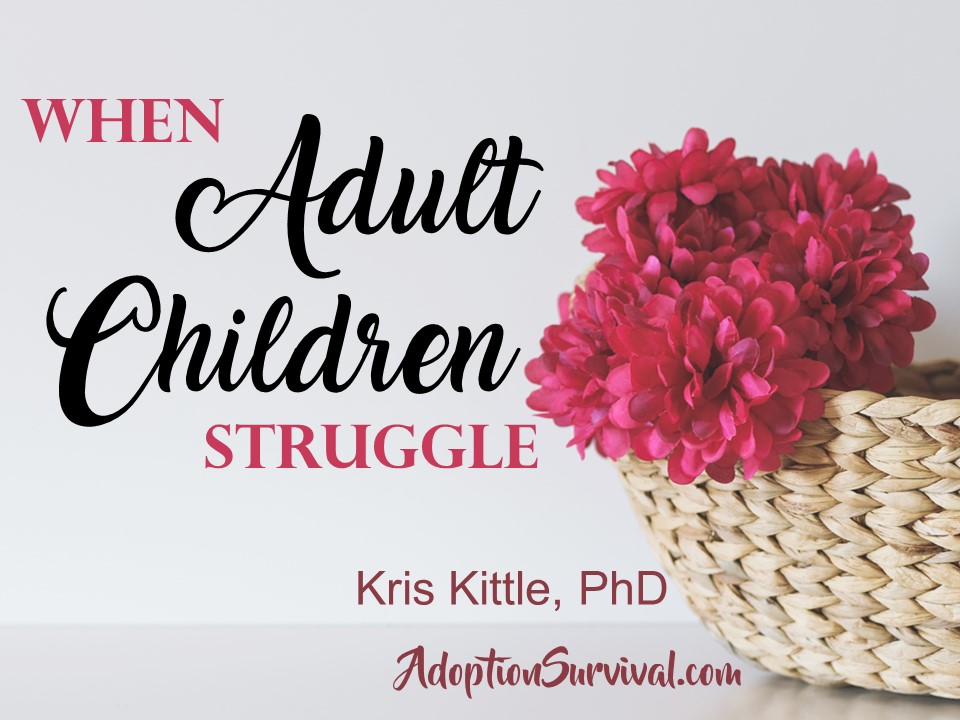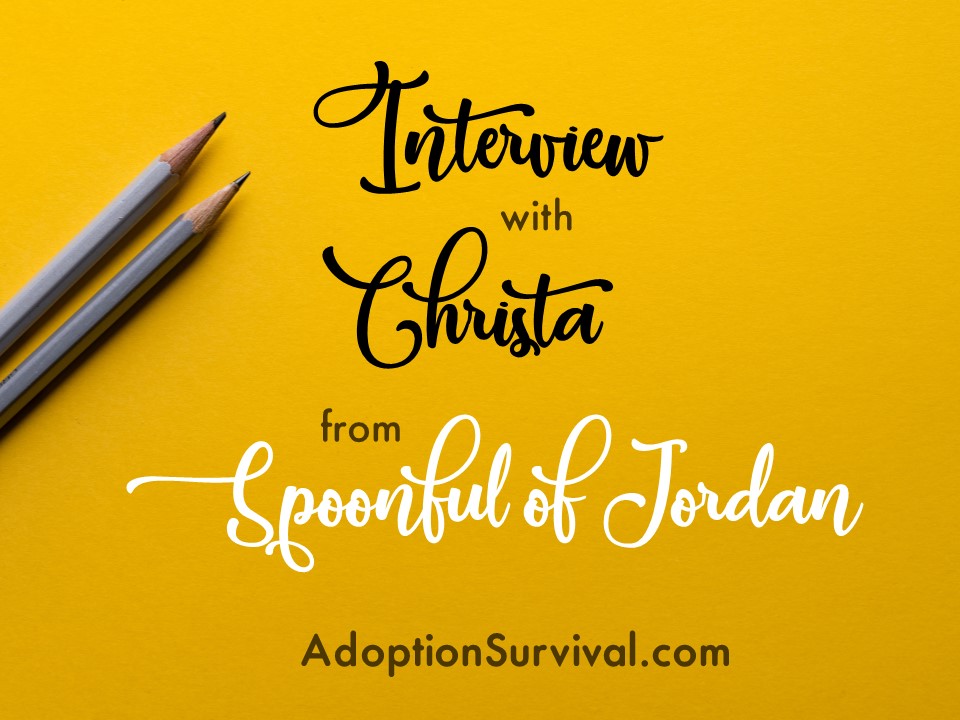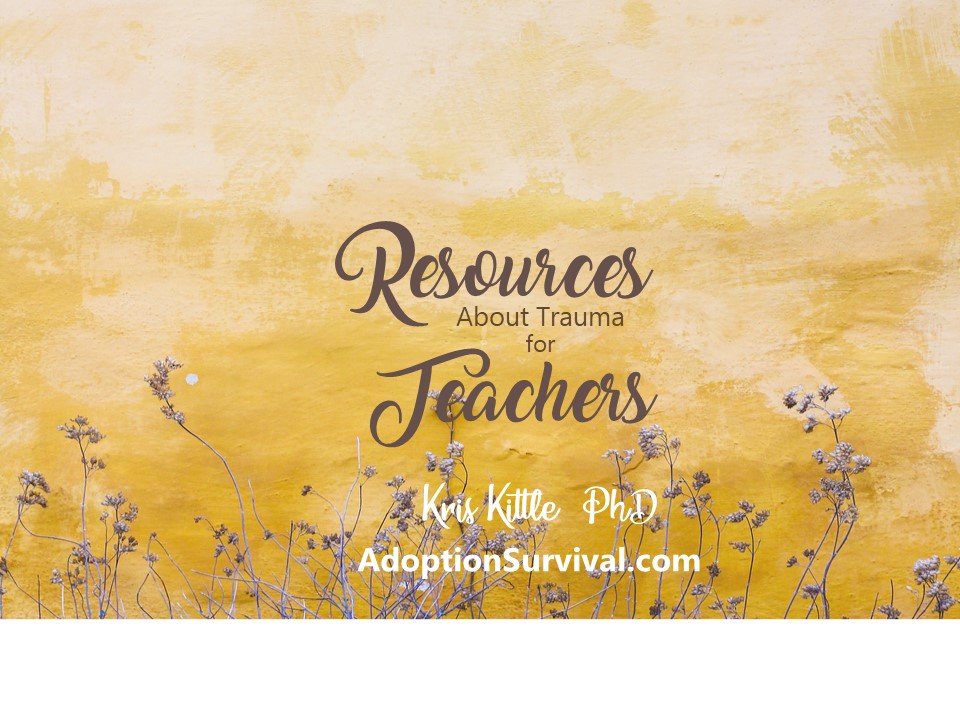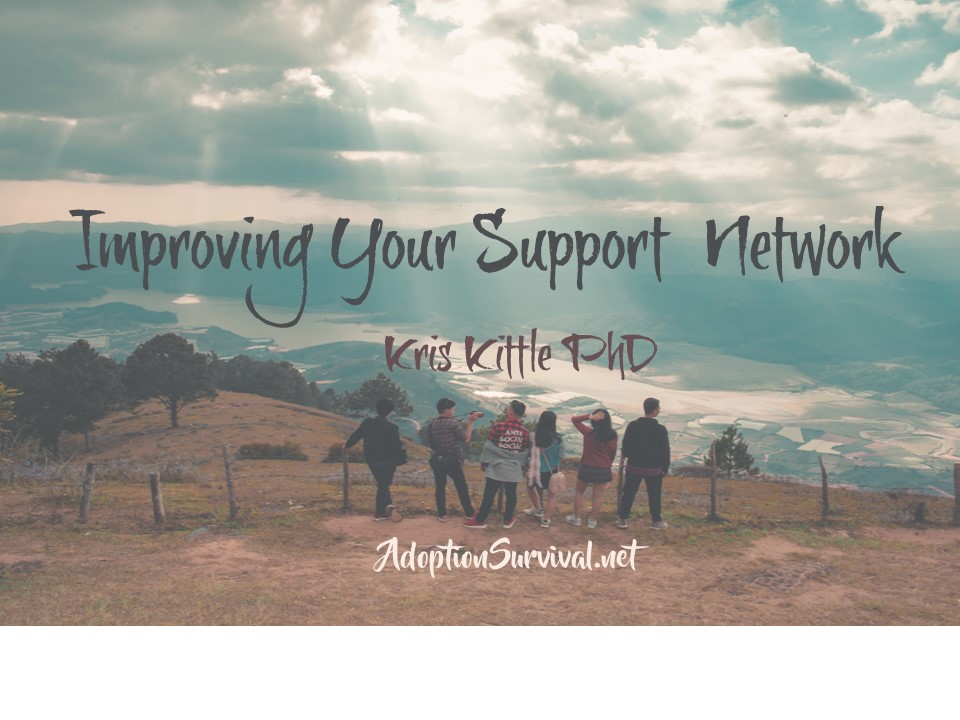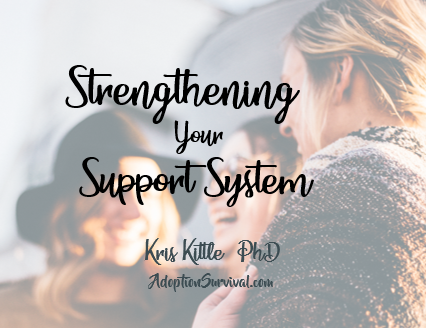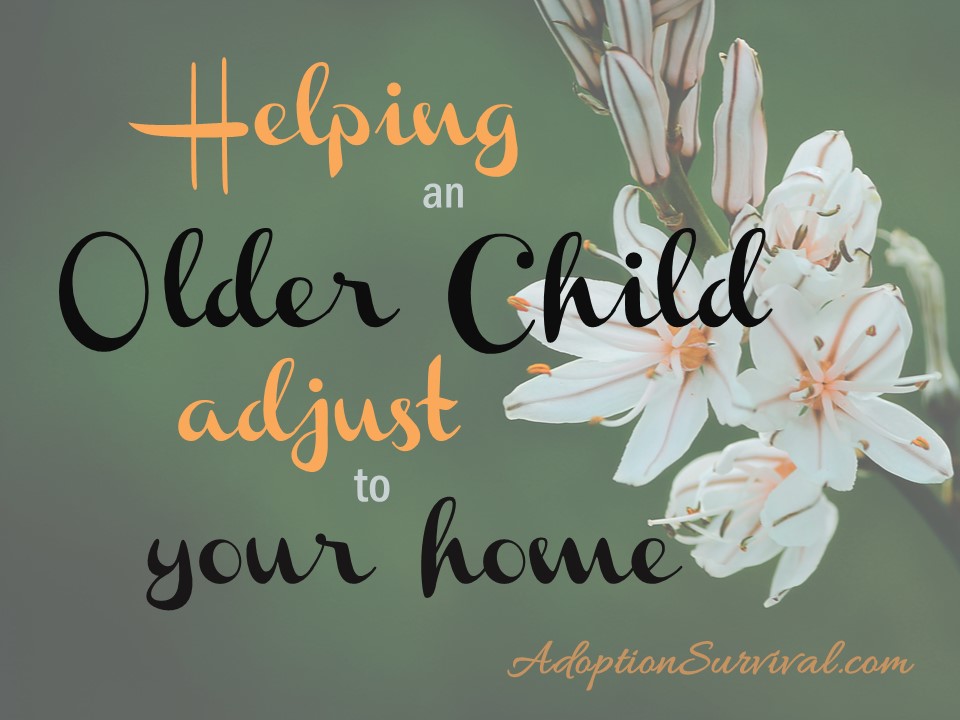
This post written by both Dr. Kris and Dr. Kelly was originally posted as a guest post on AdoptUSKids.
When you adopt a child, it’s easy to focus on their immediate needs: home, food, routine, education, people, etc. These are all important, and your child certainly experiences significant changes that require patience, love, and understanding from you as they adjust to their unfamiliar life. But there are other areas of focus that can help an older child adjust as well.
Be trustworthy. Your child may not have experienced trustworthy adults. Tell the truth. Keep your word. Be predictable. Guard your child’s business carefully. When you make a mistake, admit it, apologize, and seek ways to make things right. Remember that it will take time to build trust if the child has experienced significant broken promises in the past.
Communicate expectations. Your household rules may be different from what your child experienced. Your child may not be used to the structure and schedule of your family. Think about changes you might make based on what the child is used to and most comfortable with. Consider posting your schedule so everyone knows what to expect, but prepare for moments when a family member needs flexibility in the schedule (more down time or additional one-on-one attention, sensory activities, rest time, etc.).
Encourage honesty. Let your child be honest without taking their words personally. Give them opportunities to express thoughts and feelings without responding as though your feelings are hurt. Allowing them to be heard will encourage communication.
Give them alone time. Your child may express a desire to be alone, or you may sense that they want alone time. If you ask them and they say “yes,” then you should provide a safe space for the child to be alone. The child may need some time to relax; have some peace and quiet; or want to express sadness, anxiety, anger, etc. in private. Alone time can also be good for reading a book, listening to music, or drawing. You may need to balance some alone time and time bonding with the family.
Be open-minded and accepting. Your child may have traditions or habits that seem odd or unacceptable in your family, such as eating fast, chewing with an open mouth, or using inappropriate language. Do not attempt to change every habit that you think needs changing. Prioritize relationship-building first and then, over time, address the most significant behaviors (perhaps safety-related) and leave the rest for later.
Let them be a kid. Your child may have faced more responsibilities and concerns than other kids their age, including having been in a parenting role and caring for younger children. They may not know how to play independently and may need to be entertained. Give them opportunities to be a kid and express needs or interests of a younger child. This might mean letting your teenager play with dolls or toy cars, allowing them to play dress-up, or letting your preteen snuggle with you and read picture books. Parent to your child’s needs, rather than the date on their birth certificate.
Serve familiar foods and make food available. Your child may have eaten different foods than your family regularly eats. Have some of their favorite foods on hand. You might serve something familiar at every meal or include familiar food in their regular meal plan rotation. Consider the needs of your child first and then make it work for your family. Some children had limited access to food and may worry food will not always be available. For children with food insecurities, it is especially important to have snacks readily accessible.
Plan for a good night’s sleep. Some children may never have slept in their own room. Consider making a cot on the floor by your bed to help your child adjust to your home. Some children may want to sleep with the overhead light on, or they may want a nightlight or small lamp on at night. Some may feel safer and sleep better with toys arranged a certain way and left untouched by others.
Provide opportunities for therapy. Depending on their age, talk with your social worker about incorporating Theraplay, play therapy, filial therapy (an empowering form of family therapy), art therapy, or equine therapy into your child’s routine. Family therapy may be beneficial in promoting collaboration and connection as well. Group therapy can be beneficial for several reasons, including letting your child hear from other children.

